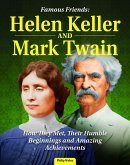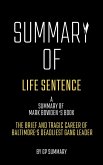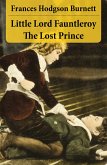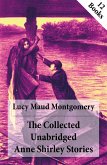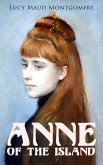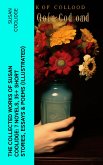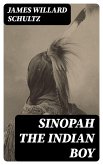Horatio Alger's piece of work, Mark the Match Boy, tries to capture a specific period of New York street life. Mark Manton, 10, encounters a guy who identifies him as an orphan and helps him climb above his humble circumstances after fleeing the hot-tempered lady he lives with. Several characters that have been prominently represented in past volumes are introduced in this book, and many young readers' interest in their future history will be satisfied in this volume.
Dieser Download kann aus rechtlichen Gründen nur mit Rechnungsadresse in A, B, BG, CY, CZ, D, DK, EW, E, FIN, F, GR, H, IRL, I, LT, L, LR, M, NL, PL, P, R, S, SLO, SK ausgeliefert werden.



